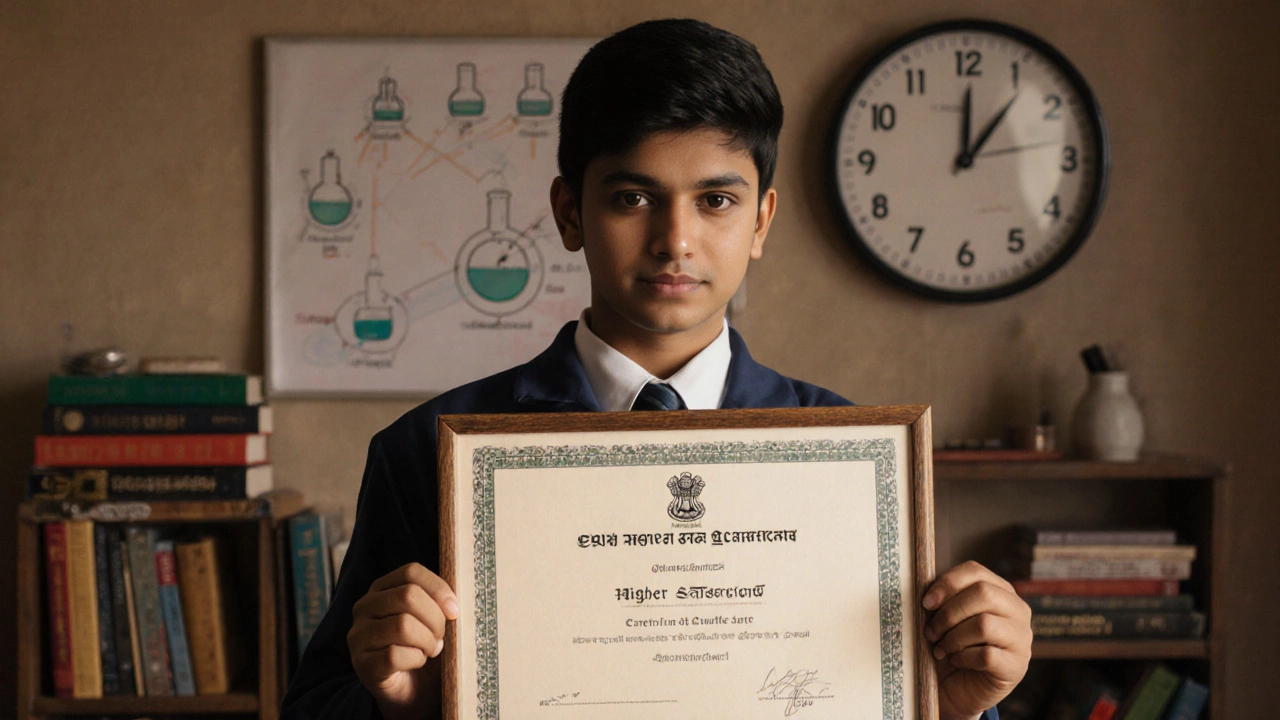Indian School Certificate: What It Is, Why It Matters, and How It Shapes Your Future
When you finish school in India, you don’t just get a diploma—you get an Indian school certificate, an official document issued by a recognized education board that certifies completion of secondary or higher secondary education. Also known as a 10th or 12th-grade marksheet, this certificate is the first real gatekeeper in your academic journey. It’s not just proof you showed up for class—it’s the document colleges, employers, and even government agencies check before they’ll even consider you.
Not all Indian school certificates are the same. The three main boards—CBSE, the Central Board of Secondary Education, the most widely recognized national board, ICSE, the Indian Certificate of Secondary Education, known for its rigorous curriculum and emphasis on English, and your state board, the regional education authority that sets syllabi and exams based on local needs—each hand out certificates with different weight in different places. CBSE is accepted everywhere, from IITs to Harvard. ICSE gives you an edge in English-heavy fields. State board certificates? They’re the backbone of rural India and still valid, but sometimes require extra steps if you’re applying outside your state.
Here’s the truth no one tells you: your certificate doesn’t just reflect your grades—it reflects your preparation for what comes next. If you’re aiming for competitive exams like JEE or NEET, your 12th-grade certificate is the baseline. Top coaching institutes don’t just look at your score—they check if you took the right subjects, if your board allowed the combination, and whether your marks meet eligibility cutoffs. Even if you’re not going to engineering or medicine, your certificate opens doors to diplomas, vocational courses, and government jobs. Without it, you can’t apply for a PAN card, open a bank account under 18, or even get a driver’s license in many states.
And it’s not just about passing. The board you’re from affects how your marks are converted for international applications. Harvard and MIT don’t look at your 12th-grade percentage—they look at your board’s grading scale, how hard your exams were, and whether you took advanced courses. That’s why CBSE students with AP classes or ICSE students with strong project work get noticed. Your certificate isn’t just a stamp—it’s a story. And if you’re planning to study abroad, work in tech, or even join the armed forces, that story better be clear.
Below, you’ll find real guides on how to navigate the system—whether you’re struggling with board exam prep, confused about which board to choose, or trying to figure out if your certificate will hold up overseas. No fluff. Just what works.
